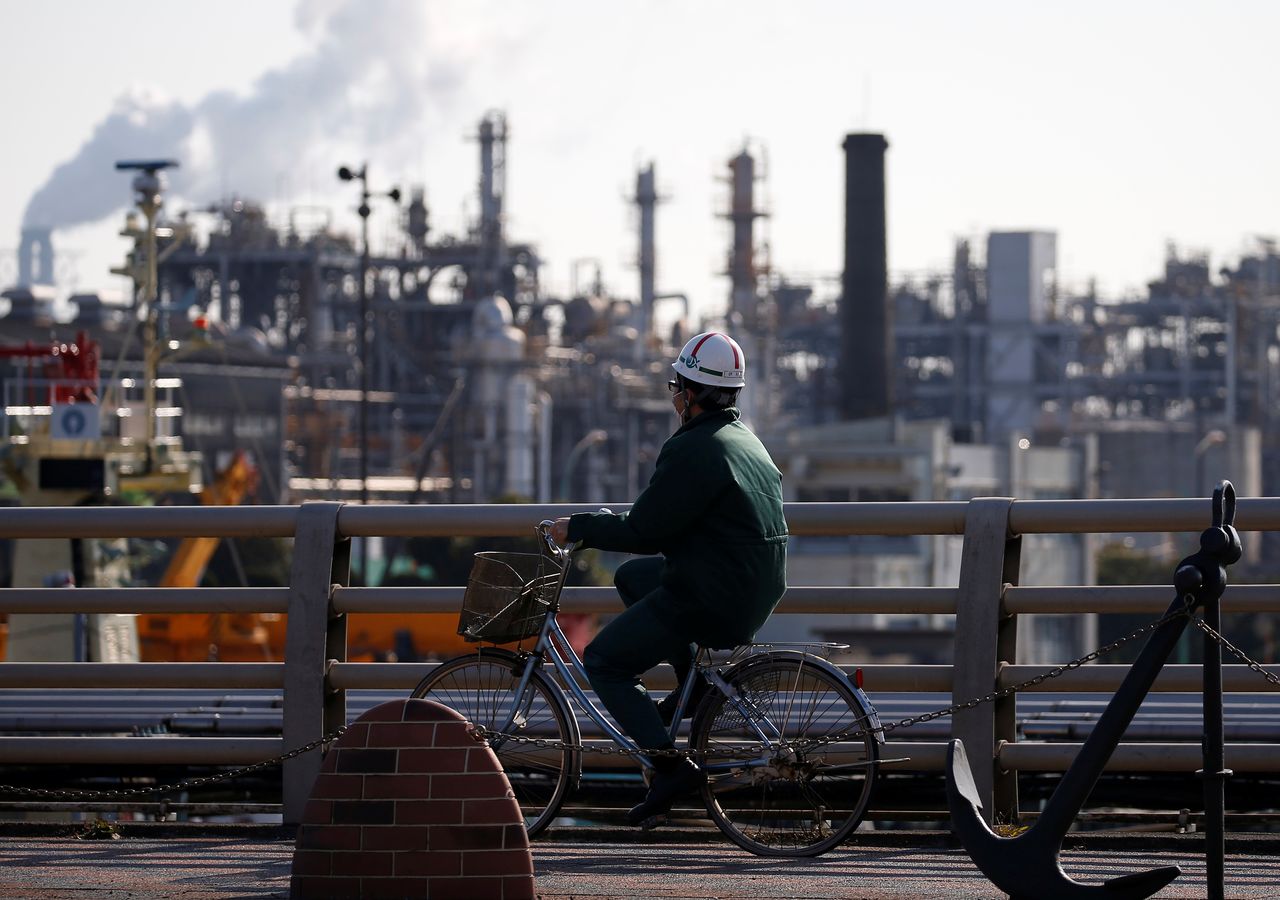Japanese refineries play an important role in refining oil, most of which is imported from abroad, in light of the increasing domestic demand for oil, which is the main source of the energy sector in the country. However, the refinery stations face many problems related to the aging of their equipment, which leads to their closure. to perform necessary maintenance.
In this regard, Japan closed refineries with a total refining capacity of one million barrels of oil per day, according to a report published by the agency “Argusmedia”.
Due to the stoppage to perform regular maintenance and other technical issues, Japan temporarily lost the ability to refine 3.3 million barrels of oil per day, equivalent to 31% of the country’s total capacity, according to data seen by the specialized energy platform.
Japanese refineries suffer from instability in operations, due to the aging of the stations, which causes the emergence of technical problems, and companies need to suspend the work of the refinery stations for maintenance, in order to avoid unexpected closures.
Earthquakes are also a major factor in the technical problems crippling old-fashioned Japanese refineries.
Ineos was hardest hit
Ineos Holdings – the largest refiner in Japan – lost 35% of its refining capacity, after shutting down 4 refineries with a total capacity of 617.1 thousand barrels of oil per day.
The company has 10 refineries with a capacity of 1.7 million barrels of oil per day, accounting for more than 52% of Japan’s total oil refining capacity.
In detail, Ineos closed the Sendai refinery on May 28, and the Sakai refinery, with a capacity of 141,000 barrels of oil per day, on May 17, to carry out maintenance work, and it is expected that the two refineries will resume operation in mid-July and late July, respectively.
The company was also forced to close the Kashima refinery, with a capacity of 203,100 barrels of oil per day, on May 24, and a refinery in Chiba, with a capacity of 129,000 barrels per day, on May 11, due to technical problems.
The operating date of the Kashima and Chiba refineries is still unknown.
In early May, Ineos announced a modification of its strategy in the medium term, and raised the refinery maintenance budget during the period from April 2023 to March 2026, by 30%, compared to the fiscal years between April 2020 and March 2023, as well. It allocated 420 billion yen ($3 billion) to increase operating rates.
Japanese refineries are closing
Idemitsu shut down its 190,000-barrel-oil-per-day Chiba refinery on April 28 for scheduled maintenance, which is expected to last about two months.
The restart of Idemitsu’s Keihin refinery, with a capacity of 70,000 barrels of oil per day, after maintenance work began in January, was also delayed.
In the same context, Fuji Oil stopped its operations on May 23 at the Sodiguara refinery, with a capacity of 143,000 barrels of oil per day, due to maintenance operations.
Cosmo Oil was forced to stop operating the second oil distillation unit, with a capacity of 102,000 barrels per day, at its refinery in Sheba, with a capacity of 177,000 barrels per day, due to technical problems, and then resumed operations on May 28.
The decline in Japanese refinery operating rates also caused a decrease in the profits of Ineos and Cosmo companies during the fiscal year 2022-2023.
In addition, the problems faced by Edmisto refineries negatively affected the company’s financial results during the period between April and December of last year (2022).
Japan imports
In a related context, Japan imported 96.6% of its oil imports from the Gulf countries during the month of March of this year (2023), according to local customs data.
Saudi Arabia had the largest share of the total Japanese oil imports by 42.2%, and sent to Tokyo 32.78 million barrels of oil.
The United Arab Emirates ranked second, accounting for 38.8% of Japan’s oil imports, by exporting 29.8 million barrels of oil.
Kuwait and Qatar came in the 3rd and 4th places, with about 6.6 million barrels and 4.84 million barrels, respectively.
During February of this year (2023), Qatar and South Korea were at the top of the list of countries with the highest rate of increase in imports of Japanese base oils, according to a report published by Argos Media Agency, which was reviewed by the specialized energy platform.
Imports from South Korea grew in February, by 39% compared to January, to record 26,400 tons.
Qatari base oils exports to Japan also doubled, to record 9,500 tons in February.

Leave a Reply